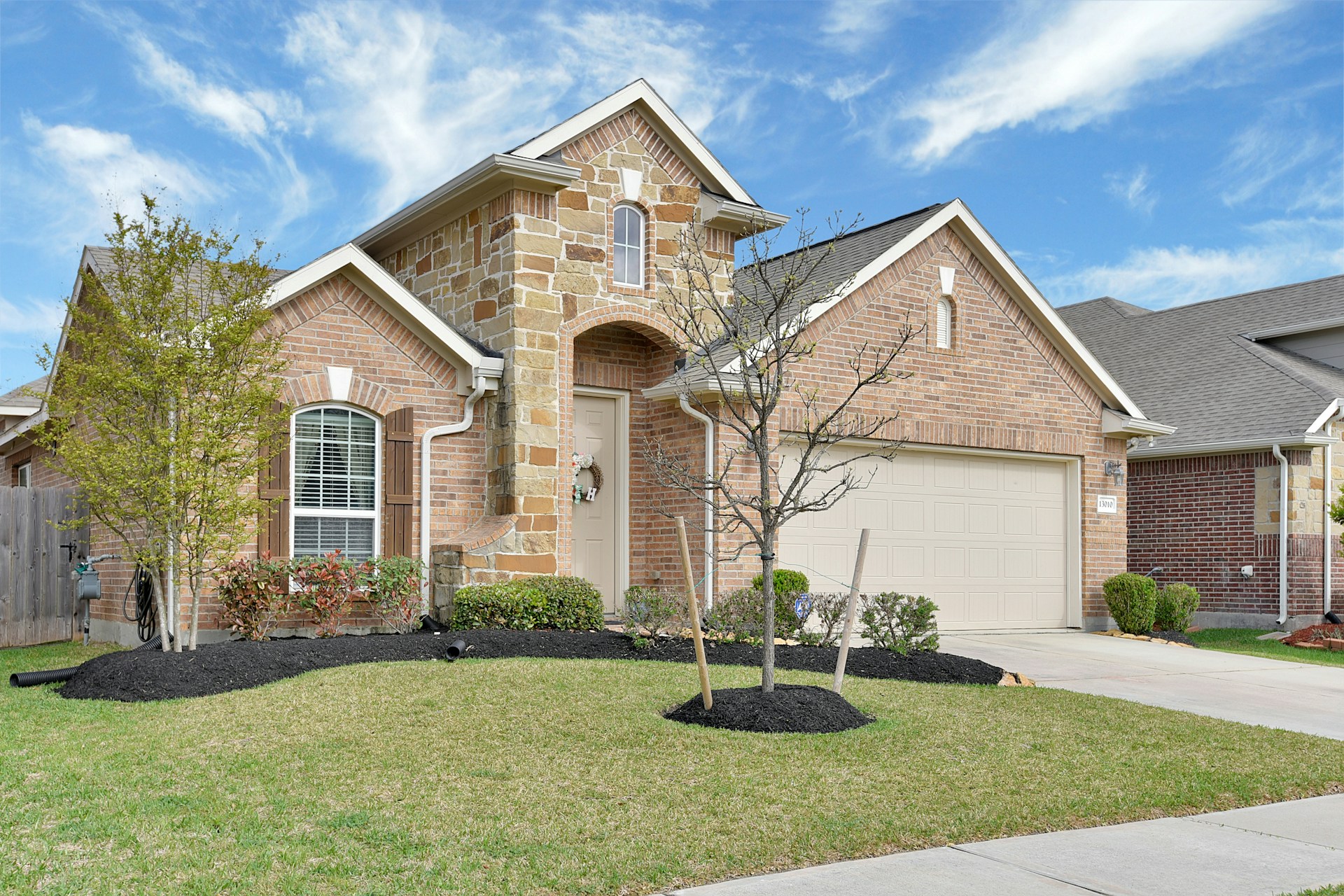Image Credit: Unsplash
Building a new home for the first time?
Consider these important things before building a new home!
It is certainly everyone’s dream to build a new house and own it. Beside choosing a right builder & financial institution, there are number of other factors to consider for house construction.
1. Boundary Pegs
Starting with a basic, if you are purchasing a land and building a house after that then it is better to confirm that all four boundary pegs are clearly visible before the land settlement to avoid the re-establishment survey cost added to the contract later. Re-establishment survey could cost more than $1000.
2. First Home Owner Grant
If you’re building your first home, you could be entitled to a First Home Owner Grant (FHOG), depending on the state or territory or area in which you live. This could substantially offset the cost of your home. You can check your State Government website for your eligibility.
Similarly, depending on your state or territory or area, you might be eligible for stamp duty concessions on the purchase of your building land.
3. Levies
If you are building a house in the newly developed estate and depending on the release stage of your land, you might have to pay the Infrastructure Levy before your Builder could apply for the Building Permit.
Similarly there might be Bush fire and Flood Levy, you can check with your builder if these levy or any other levies are applicable.
4. Site Cost
Another important thing you have to consider is that the building price advertised by the builder may not include the SITE COST.
For example the builder might advertise the building price as $310,000 but the Site Cost of over $15,000 or more could be added to that price later. You can check with your sales consultant if it is included or not.
5. Time Frame
It is very important to consider the time frame in which the house would be completed. It might take up to 2-4 months alone to get all the paper works(contract, developer’s approval, building permit etc) completed before the actual construction of house could commence.
Also if you have a time constraint or if you are currently renting then you can plan accordingly as possible to avoid these 3 major delay factors
– Rainy Season
– Christmas/New Year Break
– Easter Break
One other delaying factor could be the gas connection specially in newly developed estate. When you are at Fixing Stage, it is certainly recommended to remind the site manager if the connection request has been made already.
Also view: The home building stages
6. Upgrades & Extras
Depending on the contract, usually Driveway, Clothesline and Letter Box are also not covered in the building price.
One or two facades are included in the building price, some more facades may be available for extra price.
Similarly allocate extra budget for possible fencing and landscaping in future.
Upgrades like kitchen cabinetry, flooring, ceiling height, down lights & more could be extras on top of the building price.
7. Standard Inclusions
While you might feel that the standard features are included automatically but you could find yourself to be wrong later.
So if you have any doubts over some feature inclusions, it’s always recommended to check with your sales person to confirm it.
Read carefully for the Standard Inclusions Document that you have been provided.
You can check the inclusions for frost glass for toilet, TV antennas, dishwasher or anything that you have concerns over.
8. Private Inspector
It is certainly worth hiring an independent inspector for each stage of your construction. It will cost you extra but this will help you rest easy knowing that all the building materials and practices used in constructing your home meet all the necessary codes and regulations.
9. Final Inspection
The Building Supervisor will walk you through your new home, answering any questions or concerns you may have and document any course of action if necessary.
This is often your last chance to spot any small or minor concerns in the house because if you find these minor concerns on the hand over date, some builders might say that it should have been picked up before.
So to avoid coming to this situation, do not hesitate to inspect the house with the building supervisor as many times until you are satisfied before the final inspection.
Also inquire about the Occupancy Permit(Certificate of Occupancy) and Homes Care & Support information for warranties.
It is often recommended to finalize the home insurance, so you are covered when you move in.
You can begin liaising with your bank to ensure they have adequate time to arrange bank inspections and any necessary policy requirements to facilitate your handover.
10. Hand Over
This is certainly the most exciting phase of the house building process. Following your final inspection, on this day you will be asked to confirm in writing that all previously raised questions/concerns have been addressed and you will confirm your final payment.
Don’t forget to check the handover pack for all the certificates and documents that relate to your new home and finally the keys to your new home will be given to you.
Usually on this day, the water heater system will be installed outside your house. The house officially becomes your liability, so make sure you have necessary home insurance and fencing organised in advance.
Other tips
Council Rates:
If you are buying a land or building a house for absolutely first time, then you may not be aware of council Rates notice. Rate is something you have to pay in future to council once the land purchase is completed or the house construction is completed. It is usually annual but you may be able to pay in four installments. You will receive Rate notice/letter from the council with more information.
Once the house is built then the Rate should automatically include the land Rate so you do not have to pay separately.
Rate charge may include charges but not limited to Municipal Charge, Waste Management Charge, Fire Service Property Levy, Sewage etc. (Please check with your council for more information).
Landscaping:
If you are hiring someone to do the landscaping, it’s better go with the landscaper who has physical office address or who is reliable.
Be careful with the landscaper you find on the free classified sites who might offer you cheaper deals.
Spend some time to research them to see if they are qualified landscaper otherwise they might damage your property like water pipes, dents, walls etc.
If you have to give deposit, avoid cash deposit at any cost. Note down their ABN, Driver’s Licence, Vehicle number, Valid contact address etc.
Bathroom Frost Glass:
Make sure you ask your sales consultant about bathrooms window glass type, if it is transparent or frost glass. Frost glass may cost extra.
Kitchen Ventilation:
Ask your sales consultant about kitchen ventilation system, whether the steam will be just spread across the roof or ventilated outside the roof through a pipe, which my cost extra.
Garage:
Depending on the area you live or if you have the smaller width on your land, it may sometime be good to have the garage on the boundary(as long as there are no restriction), that way you will be able to get bit bigger space on the other side of your land. Otherwise you might have a small gap or space between garage and the boundary which may be not very useful. You can check with your sales consultant about it.
Disclaimer:
The information contained in this section are for general information and guidance only and based on the residential area in Melbourne. The actual steps may vary depending on the area you live.


